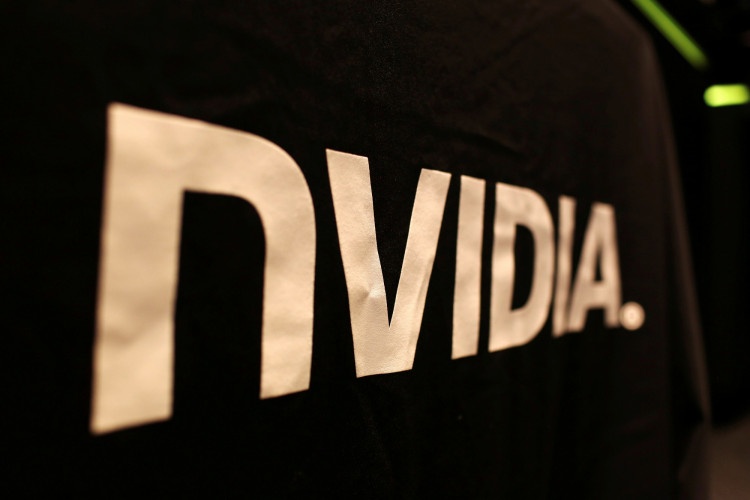France may file anti-competitive charges against Nvidia
According to insiders, France's antitrust regulatory authorities are preparing to file charges of anticompetitive behavior against Nvidia, which dominates the AI chip market.
According to insiders, France's antitrust regulatory authorities are preparing to file charges of anticompetitive behavior against Nvidia, which dominates the AI chip market. This will be the first government agency to take direct action against Nvidia.
The key concern for regulatory agencies is Nvidia's control over AI specific GPUs and their ecosystems. In a recent report, Autorit é de la competition emphasized the technology industry's reliance on Nvidia GPUs and pointed out that Nvidia's CUDA chip programming software is the only system fully compatible with its CPU, which will further consolidate Nvidia's dominant position in the market.
Nvidia's recent investment in cloud service providers focused on artificial intelligence, such as CoreWeave, has further raised regulatory concerns. The report points out that these transactions may give Nvidia an unfair advantage in the growing artificial intelligence cloud service market.
A person familiar with the matter said, "Regulatory authorities are becoming increasingly wary of Nvidia's growing influence and potential market abuse. The company's dominant position in the artificial intelligence chip market is seen as a threat to fair competition."

Last September, the French Competition Authority raided Nvidia's office. Although regulatory authorities claim that these raids are part of a widespread investigation into cloud computing, sources say that these raids are specifically targeted at Nvidia.
French antitrust enforcement officers have been carefully collecting information about Nvidia's market behavior, including its pricing policies and ongoing chip shortages. The raid on Nvidia's office aims to investigate more details about its possible abuse of market dominance.
Nvidia's GPU has been highly sought after for its ability to efficiently handle the large amount of data required for AI model development, and the company's stock price has skyrocketed as a result. Last month, Nvidia surpassed Apple and Microsoft to become the world's largest company by market value.
The French authorities have long been dissatisfied with Nvidia's monopoly position in the industry.
French Finance Minister Bruno Le Maire has publicly expressed concerns about Nvidia's market position. Last November, he stated that Nvidia controls 92% of the GPU market and believes that this is the root cause of "increasing inequality", hindering fair competition in the market.
Le Maire said that if we want fair competition, we need multiple private companies, not just one company that sells all the equipment.
If found to have violated France's antitrust laws, Nvidia may face fines of up to 10% of its global annual revenue. Last fiscal year, Nvidia's revenue increased by 126% year-on-year, reaching $60.9 billion. Based on this calculation, Nvidia may face fines of up to $6.09 billion.
Although such severe punishment is rare, it also indirectly highlights the seriousness of potential accusations. However, Nvidia can also offer discounts or make some concessions to mitigate penalties.
It should be noted that Nvidia faces regulatory challenges not limited to France.
In a regulatory document submitted in February this year, Nvidia stated that "our position in the artificial intelligence related market has attracted global regulatory attention to our business." The company acknowledges that it is being reviewed by authorities in the United States, the European Union, China, and the United Kingdom.
An insider revealed that the US Department of Justice plans to investigate Nvidia with the Federal Trade Commission. The Department of Justice is responsible for investigating Nvidia, while the Federal Trade Commission continues to monitor Nvidia after blocking its plan to acquire Arm for $40 billion in 2022.
On the EU side, informed sources have stated that due to the French authorities investigating Nvidia, it is currently unlikely that the European Commission will expand its preliminary review of Nvidia.
The results of France's antitrust actions may set a precedent for global regulatory agencies on how to address the monopoly issue in the artificial intelligence hardware market, and may affect the future of artificial intelligence development and deployment.
·Original
Disclaimer: The views in this article are from the original Creator and do not represent the views or position of Hawk Insight. The content of the article is for reference, communication and learning only, and does not constitute investment advice. If it involves copyright issues, please contact us for deletion.